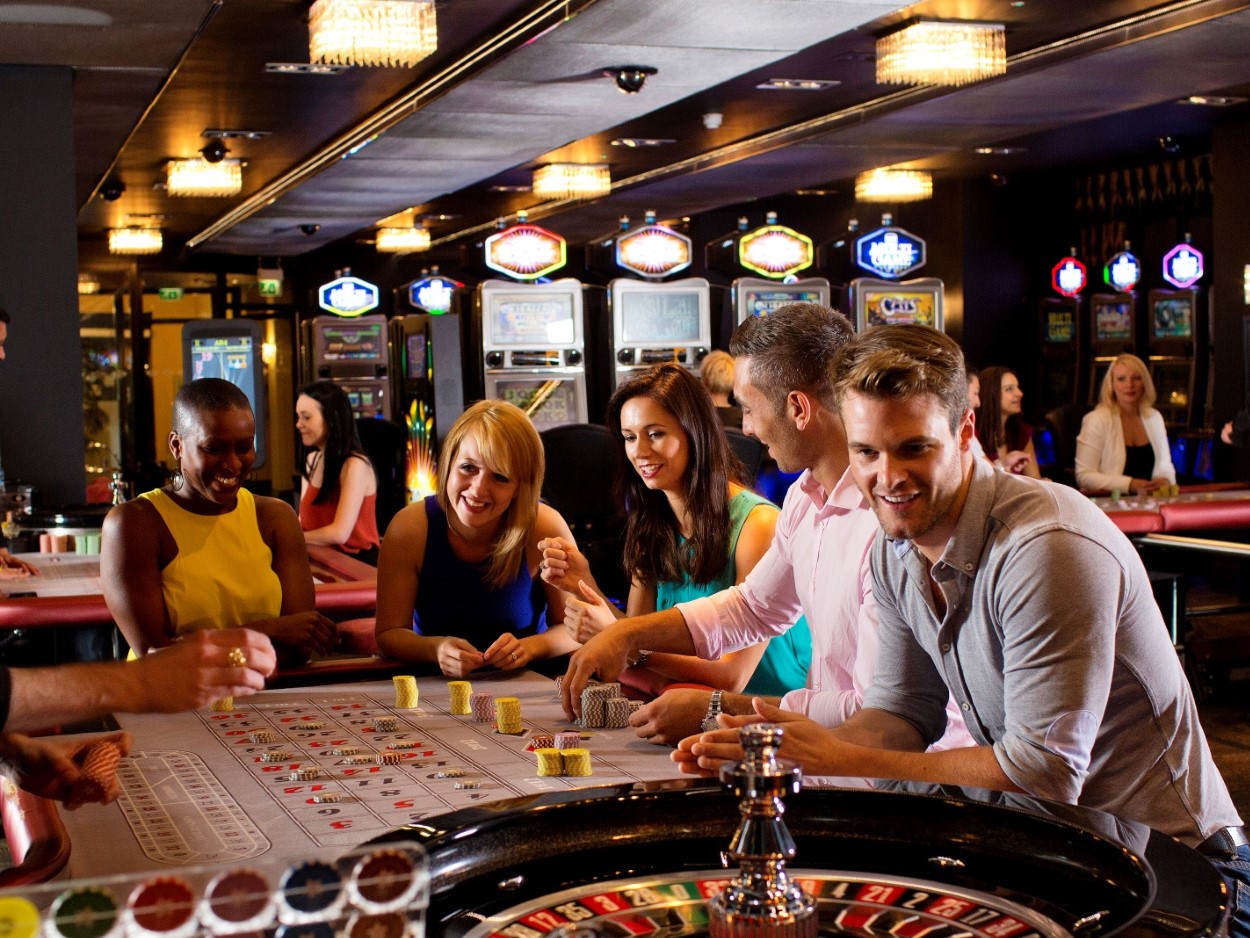In the world of gambling, in which chance and strategy meet, a unique tapestry of beliefs unfolds—one that braids luck, fate, and the enigmatic nature of casino games. Casinos, bustling with excitement and anticipation, are not just places for placing bets; they are also arenas where superstitions thrive. Ranging from the novice player to the seasoned gambler, these mysterious practices often shape how individuals approach the games they play, believing that their actions can influence the outcome in ways that go beyond mere probability.
As players gather around roulette wheels, blackjack tables, and slot machines, the atmosphere is thick with stories of lucky charms, rituals, and codified behavior that defy logic yet provide a sense of comfort. It could be the case that it’s wearing a specific outfit, following a particular sequence of bets, or even avoiding certain numbers, the attachment to various superstitions reflects a deep-rooted desire to manipulate the uncontrollable. This article delves into the captivating world of casino game superstitions, examining the beliefs that simultaneously entertain and mystify those who dare to play.
Cultural Origins of Superstitions
Betting activities have long been entwined with an host of superstitions that trace to early civilizations. The origins of these ideas can be linked to humanity’s fundamental wish to influence the random outcomes related with fortune and uncertainty. In early civilizations, activities of chance were often tied to ritualistic practices. Players would call upon favor or ask for favor from deities, believing that their actions could change the results in their favor. This foundation laid the groundwork for the myriad of superstitions that developed as casino games evolved over time.
During the medieval period, betting became a common pastime across Europe, and with it, a rich tapestry of superstitions appeared. Players adopted numerous rituals and charms, believing they could affect the consequences of games. The significance of digits, in particular, started to manifest in superstitions around card games and dice. The number 7 was often considered lucky, while other numbers carried negative connotations. These beliefs mirrored the societal contexts of the time, evolving as they moved through generations and changed to different gaming environments.
As gambling houses developed in the seventeenth century, particularly in Italy and the French nation, the atmosphere surrounding gambling became imbued in enigma. The growing availability of casino activities allowed for the expansion and growth of superstitions among players. Concepts like charmed charms, special seating locations, and rituals gained prevalence, creating a distinct culture within betting houses. As these traditions continued to thrive, they became fundamental to the identity of gambling games, illustrating how the past and society shape the convictions that influence how players engage with luck.

Widespread Casino Superstitions
Beliefs surrounding gambling activities are plentiful and diverse, reflecting the dreams and fears of players as they engage in chance-based games. One of the most prevalent beliefs is that certain numbers bring luck or misfortune. For example, the number seven is often seen as a favorable digit, frequently sought after by players looking for a favorable result. Conversely, the number thirteen is routinely considered unlucky, leading many gamblers to steer clear of it during their gaming periods.
Another common superstition relates to rituals that gamblers believe can affect their odds. Whether blowing on dice before a roll, using a specific gesture to place a wager, or even wearing particular items of attire, many people feel that these actions can tilt luck in their favor. These rituals offer a sense of control in an otherwise unpredictable environment, strengthening the idea that fortune can be created through personal beliefs and habits.
Lastly, the environment and atmosphere of the gambling house itself adds to myths. Many players suggest that the presence of specific icons, such as four-leaf clovers or fortunate tokens, can enhance their chances of winning. Additionally, players might hold to the belief that victory streaks can be interrupted by mundane events, such as a person walking past or a spill at the table. The collective environment in a gambling house can amplify these superstitions, creating a shared culture of myths that transcends individual experiences.
Impact of Superstitions on Players
Beliefs play a crucial role in the mindset of casino players, often influencing their behavior and choices. Numerous gamblers think that fortune can be influenced through various rituals, such as wearing a lucky charm, choosing particular hues, or steering clear of particular digits. This reliance on superstitions can create a sense of authority in an environment that is intrinsically unpredictable. Players often feel more self-assured and engaged when they feel that their actions could sway the outcome of a game in their advantage.
The influence of these superstitions extends beyond singular players, affecting the general atmosphere inside the casino. For instance, a player who believes in the luck of a particular slot machine might attract a crowd, as others are fascinated by their apparent luck. This collective belief can amplify excitement and create a lively environment, leading to an engaging experience even for those who may not necessarily be superstitious. The excitement around specific games can lead to increased participation and longer playing sessions, supporting the casino’s lively social scene. F168
In some instances, superstitions can lead to negative effects for players. Relying too heavily on rituals can result in bad gambling decisions, as some may ignore basic strategies in favor of unfounded beliefs. Additionally, the stress to perform rituals may increase anxiety and stress levels, diminishing from the enjoyment of the experience. Ultimately, while superstitions can enhance the thrill of playing casino games, they can also lead to foolish choices that overshadow the enjoyment and entertainment intended in the casino experience.